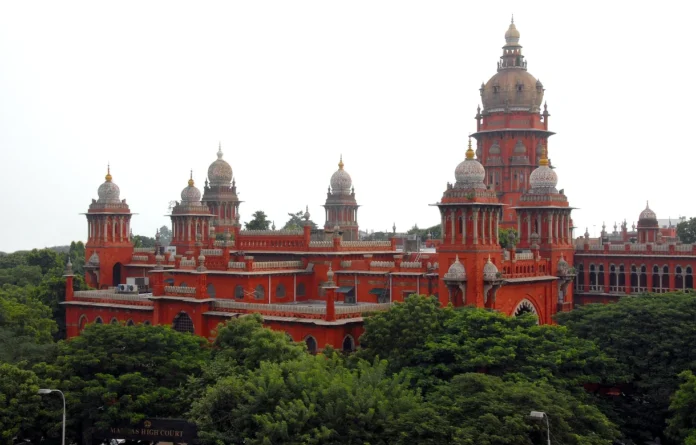The Madras High Court recently remembered late Justice Leila Seth, the first woman Chief Justice of an Indian High Court, who showed the way to a progressive society by openly acknowledging and accepting her homosexual son.
While dealing with a case where a homosexual woman was forcefully detained by her family due to her sexual orientation, the Bench of Justice GR Swaminathan and Justice V Lakshminarayan mentioned late Justice Seth.
The High Court was hearing a habeas corpus petition filed by the detenu’s partner, seeking the court’s intervention to set the detenu at liberty.
It noted that due to the continuing conservative nature of the society, the petitioner had referred to herself as the detenu’s close friend instead of describing the true nature of her relationship with the detenu.
During the hearing of the plea, the High Court interacted with the detenu’s mother, who blamed the petitioner for leading her daughter ‘astray’. The mother even alleged that her daughter was a drug-addict and required counselling and rehabilitation.
While acknowledging her feelings and temperament, the Bench observed that the detenu’s mother was no Leila Seth and might have wanted her daughter to get married and settle down in life like any other heterosexual woman.
The High Court tried to make the mother understand that her daughter was entitled to choose a life for her own, but in vain.
It ultimately allowed the plea and gave liberty to the detenu to go with her partner, while directing the detenu’s natal family not to interfere with her personal liberty.
Justice Leila Seth, the first woman Chief Justice of a High Court, was frequently praised for publicly supporting her homosexual son.
In 2013, when the Supreme Court overturned the Delhi High Court’s decision and upheld the validity of Section 377 IPC (criminalising homosexuality) in the case of Suresh Kumar Koushal & Another vs NAZ Foundation, Justice Seth penned a heartfelt note for her son.
She wrote, “What makes life meaningful is love. The right that makes us human is the right to love. To criminalise the expression of that right is profoundly cruel and inhumane. To acquiesce in such criminalisation or, worse, to recriminalise it is to display the very opposite of compassion. To show exaggerated deference to a majoritarian Parliament when the matter is one of fundamental rights is to display judicial pusillanimity, for there is no doubt that in the constitutional scheme it is the judiciary that is the ultimate interpreter.”
In 2018, in Navtej Singh Johar vs Union of India case, the Apex Court decriminalised consensual homosexual acts between adults in India by striking down portions of Section 377 of the Indian Penal Code (IPC).
Justice Seth became the first woman to top the London Bar Exam in 1958. She was also an IAS officer and became the first woman judge of the Delhi High Court in 1978. In 1991, she was appointed as Chief Justice of the Himachal Pradesh High Court, becoming the first woman to ever hold the position of a Chief Justice of a High Court in India.
She was also one of the three members of the 2012 Justice Verma Committee, which was constituted in the aftermath of the horrendous Nirbhaya rape case, to suggest amendments for sternly dealing with sexual assault cases. She passed away on May 5, 2017.


